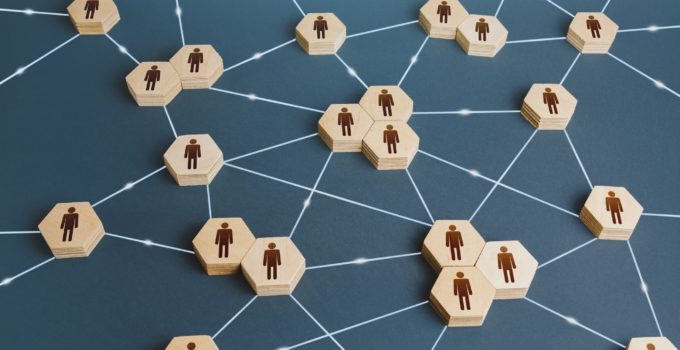Decentralizing social media platforms empowers users by granting them more control over their data and content. Memo.cash, Nostr, Mastodon, and Lemmy are notable examples in this movement. Memo.cash, a Bitcoin Cash-based platform, allows users to post on-chain messages. Nostr focuses on decentralizing user reputation and content curation. Mastodon operates on a federated model, where multiple servers host interconnected communities. Lemmy, inspired by Reddit, enables decentralized discussion forums. These platforms emphasize data ownership and reduce the influence of centralized authorities, fostering a more inclusive and censorship-resistant social environment. By embracing decentralization, users can enjoy greater privacy, security, and freedom of expression while shaping the future of social media.
Nostr is an open protocol that enables a truly censorship-resistant and global social network. Various clients and relays are offered.
Memo is a decentralized protocol that utilizes the Bitcoin Cash blockchain to store data.
Mastodon is another more decentralized and federated social media system. Checkout related Mastodon source code. Read about Mastodon.
Lemmy is a newer social media platform that is sort of a potential alternative to Reddit. Source code is available for Lemmy.
Member is an interesting variation of Memo.cash style decentralized social media. Member utilizes a protocol to chain together Bitcoin Cash transaction memos into paragraphs and articles, but to my knowledge Member is only available as source code at this time. Member style technology may provide a path to a great amount of decentralization.
Technologies like IPFS and Odysee even offer the possibility of decentralizing video content platforms.
Could Monero and decentralized social media replace Patreon and most all social media sites/apps? Monero can potentially be helpful in growing and sustaining decentralized social media platforms.
Decentralized social media offers numerous benefits that should motivate broader adoption. Decentralizing social media can mitigate certain risks associated with centralized platforms, such as censorship and algorithmic manipulation. Through decentralizing social media, individuals can have greater control over their data and ideas. Decentralized platforms foster open and diverse communities, ensuring users are not subjected to content filtering or biased moderation. Decentralized communities are more difficult to censor and shut down. This promotes free expression of ideas and protects against oppression, and can even encourage more meaningful, useful, and interesting discussions. Furthermore, decentralized networks are more resilient to single points of failure, safeguarding against service disruptions or shutdowns. Embracing decentralized social media empowers individuals and communities, where users collectively shape the evolution of various decentralized social media platforms. By embracing this move towards decentralizing social media sites and apps, we can build a more free and resiliant digital landscape for authors, artists, creators, writers, and communities.




